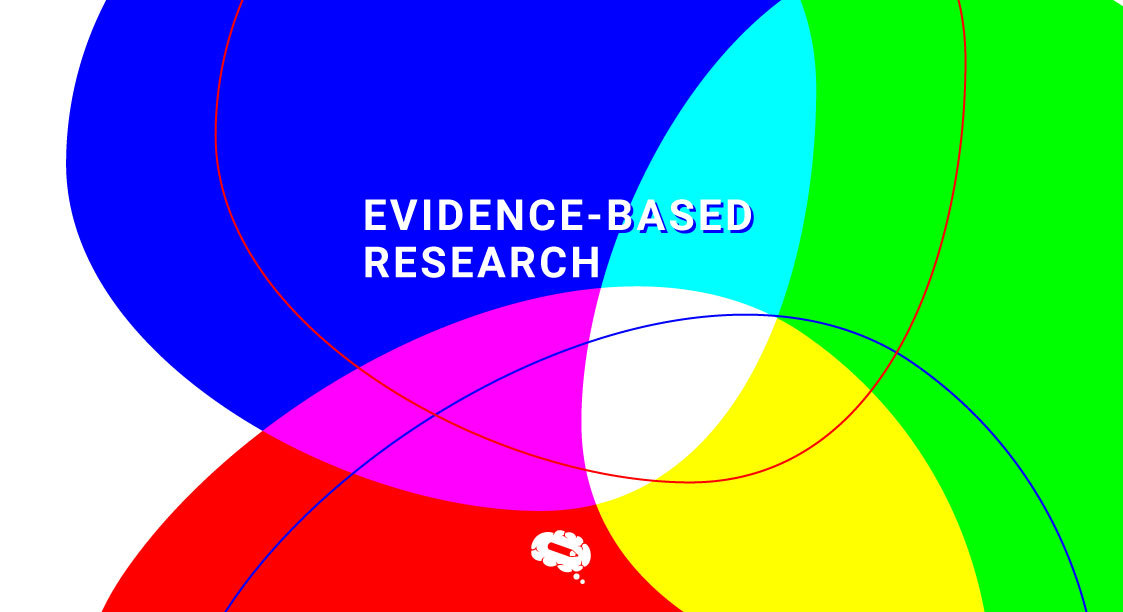The study of science and academics cannot be completed without research. You’ll need to choose a research topic carefully when writing a research paper or conducting a study, no matter whether you’re a student or a professional researcher. It is your choice of topic that determines how your study will be conducted and ultimately how successful it will be.
If you don’t know where to begin or what factors to consider when choosing a research topic, it can be daunting. It is possible to choose a research topic in a variety of ways, and what is effective for one person may not be effective for another, but the question remains the same: “How to choose a research topic?”
Well, choosing the right topic takes some trial and error, and it’s not a one-size-fits-all process. Let’s discuss a few key factors to consider when choosing a research topic that aligns with your passion, expertise, and research goals in this blog.
A Well-Chosen Research Topic Can Make or Break Your Project
If you want to conduct a successful research project, it is imperative to pick a good research topic, regardless of your field or discipline. The topic you choose will influence your research’s direction and scope, as well as its methods and approaches. It is important to choose a topic that will allow you to explore your area of interest in-depth and also contribute to the existing body of knowledge in the field.
The first step to conducting a meaningful and fulfilling research project is choosing a good research topic. Your enthusiasm and dedication to the subject matter will lead to better outcomes when you’re passionate about it. Even when faced with challenges or setbacks during the project, a well-chosen research topic will keep you focused and motivated.
In addition to being beneficial to your own research project, a research topic can also have a broader impact on the field at large. You can help advance the field by selecting a topic that addresses a knowledge gap, contributes to an ongoing debate, or informs policy or practice by providing new insights. Additionally, an interesting research topic can provide opportunities to collaborate with other researchers, leading to further advancements and broader networks in the field.
A successful and rewarding research project depends on choosing the right research topic for you. The best way to achieve a fulfilling and impactful research experience is to choose topics aligned with your interests and expertise, contribute to the field, and allow for meaningful engagement.
Unlocking Ideas: How to brainstorm your research topic
A brainstorming session is a crucial first step in selecting a research topic. Identifying potential options and taking into account factors such as feasibility, relevance, and significance are essential steps. Depending on your research goals and personal preferences, you may benefit from using different brainstorming techniques.
Visual diagrams that organize ideas around a central topic, such as mind maps, are an effective way to settle ideas. The central topic should be written in the center of the page, then related ideas or subtopics should be written around it. Identifying potential research directions can be accomplished by seeing how different ideas are connected.
Listing is another method, where you write as many topics as possible without worrying about their feasibility or relevance at first. Based on your expertise, the significance of the research question, the availability of data and resources, and the time required to complete the research, you can narrow down the list of potential topics.
Brainstorm with a group or seek feedback from peers, mentors, or colleagues, who may offer unique insights and perspectives. A good research topic can be identified by brainstorming, and by using different techniques and taking into account various factors, you can choose one that fits your interests, goals, and resources.
How to Choose a Research Topic: 6 Steps to Make It Easy
Following these steps will help you choose a research topic that fits your interests, expertise, and objectives, while also being feasible to conduct within the constraints of your resources and schedule.
1. Brainstorm possible subject matter
Begin by brainstorming a list of potential research topics that are of interest to you in order to narrow down your choices. If you have a specific question or topic that you are curious about, this could be anything from a broad topic that you are passionate about to a more specific question, that’s the perfect time to write it down. Be sure to take into consideration your field of study, current events, and any research gaps you have discovered in your area of expertise. Make a list of any ideas that come to mind, no matter how unrelated or impractical they may seem. As a result, you will be able to generate many potential topics to explore.
2. Think about your expertise and interests
Identify a topic that corresponds to your interests and expertise. When you are passionate about your topic, your research will be more engaging and motivating. Make a list of topics you’re familiar with and topics you’re interested in learning about. The goal is to choose a topic that you enjoy researching and will keep you motivated throughout the research process.
3. Do a literature review
After you’ve compiled a list of potential topics, review the literature to see what previous research has been done in the area. As a result, you will be able to identify gaps in the existing research that you might be able to fill. Gather relevant research articles and papers by searching academic databases, journals, and other credible sources. Study the literature carefully, making notes on key findings and areas that have not been addressed. By focusing on topics that lack extensive research or that have gaps in the existing literature, you will be able to narrow down your list of potential research topics.
4. Assess the feasibility
Consider factors like data availability, time constraints, and access to research participants or resources once you have a list of possible topics. You can use this information to determine which topics may be suitable for your research. Consider ensuring you have enough participants for your study if you intend to do a large-scale study that requires a large sample size. Considering the resources and equipment you’ll need for your research is important if you’re working within a limited budget.
5. Make your research question more specific
As soon as you have chosen your topic, refine your research question to make sure it is specific, relevant, and feasible. Your research will be guided, and you will stay on track by doing this. Good research questions are clear and concise, and they identify the specific problem you’re trying to solve. You should ensure that your research question is based on existing research and that it can be conducted within the time and resource constraints you have.
6. Be open to feedback
You may benefit from the feedback of colleagues, advisors, or other experts in your field regarding the topic and research question you have chosen. You may gain valuable insights from them or find alternative approaches you hadn’t thought of. Your research question can be refined further by doing this, and you can ensure that you are on the right track with your research.
A successful research project depends on choosing the right topic. You’re just beginning a long and rewarding journey when you choose a research topic. Perseverance and dedication can lead to research that advances human understanding of our world and contributes to the advancement of your field.
Couldn’t find an illustration in our gallery? We’ll design it for you!
Sometimes, it can be challenging to find something that aligns with your research or that is custom-made to perfectly represent the information you want to explain. Let Mind The Graph help you communicate your science more clearly. Describe your needs and we’ll design specific illustrations for your paper. Let us take care of it!


Subscribe to our newsletter
Exclusive high quality content about effective visual
communication in science.




